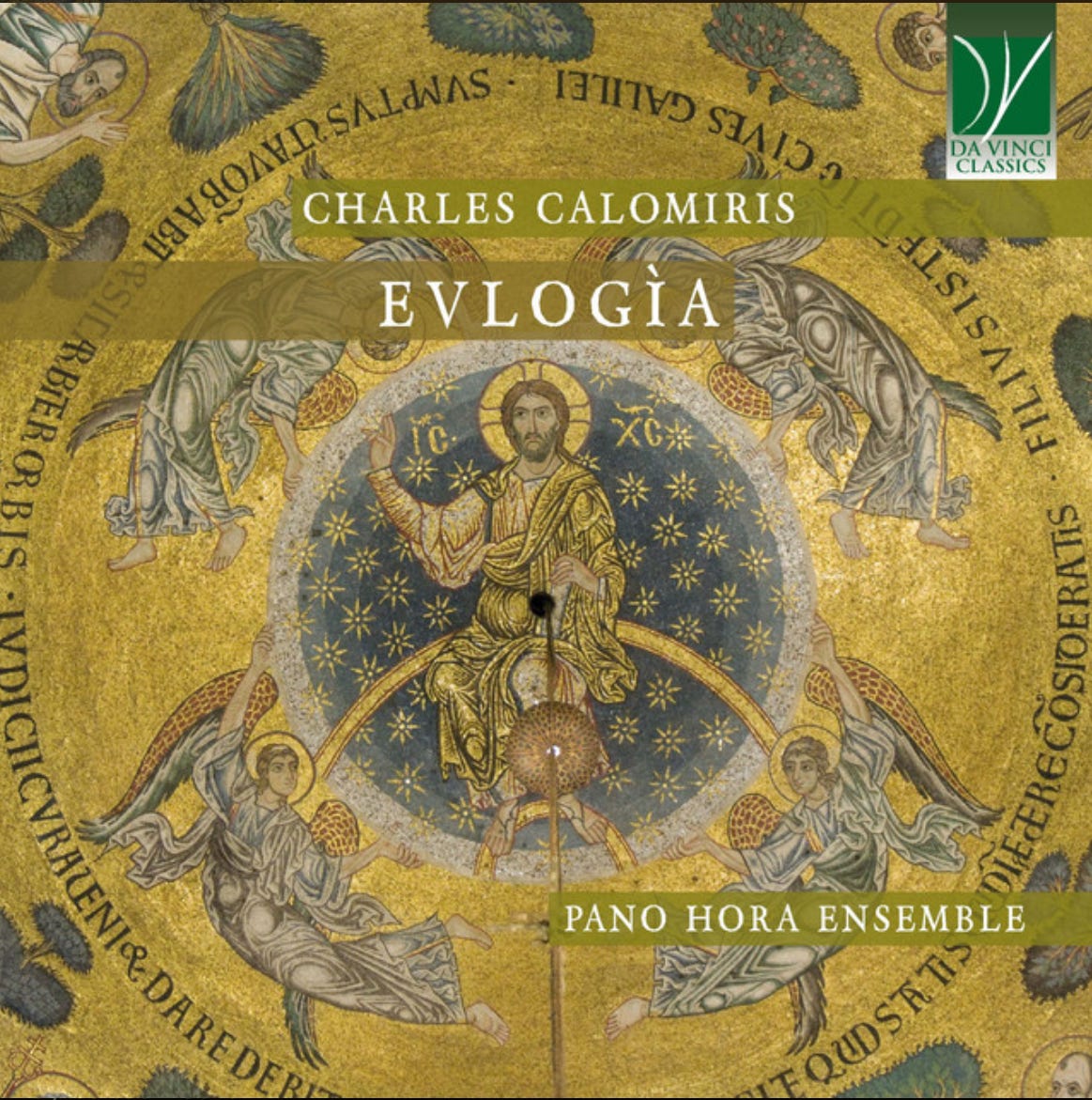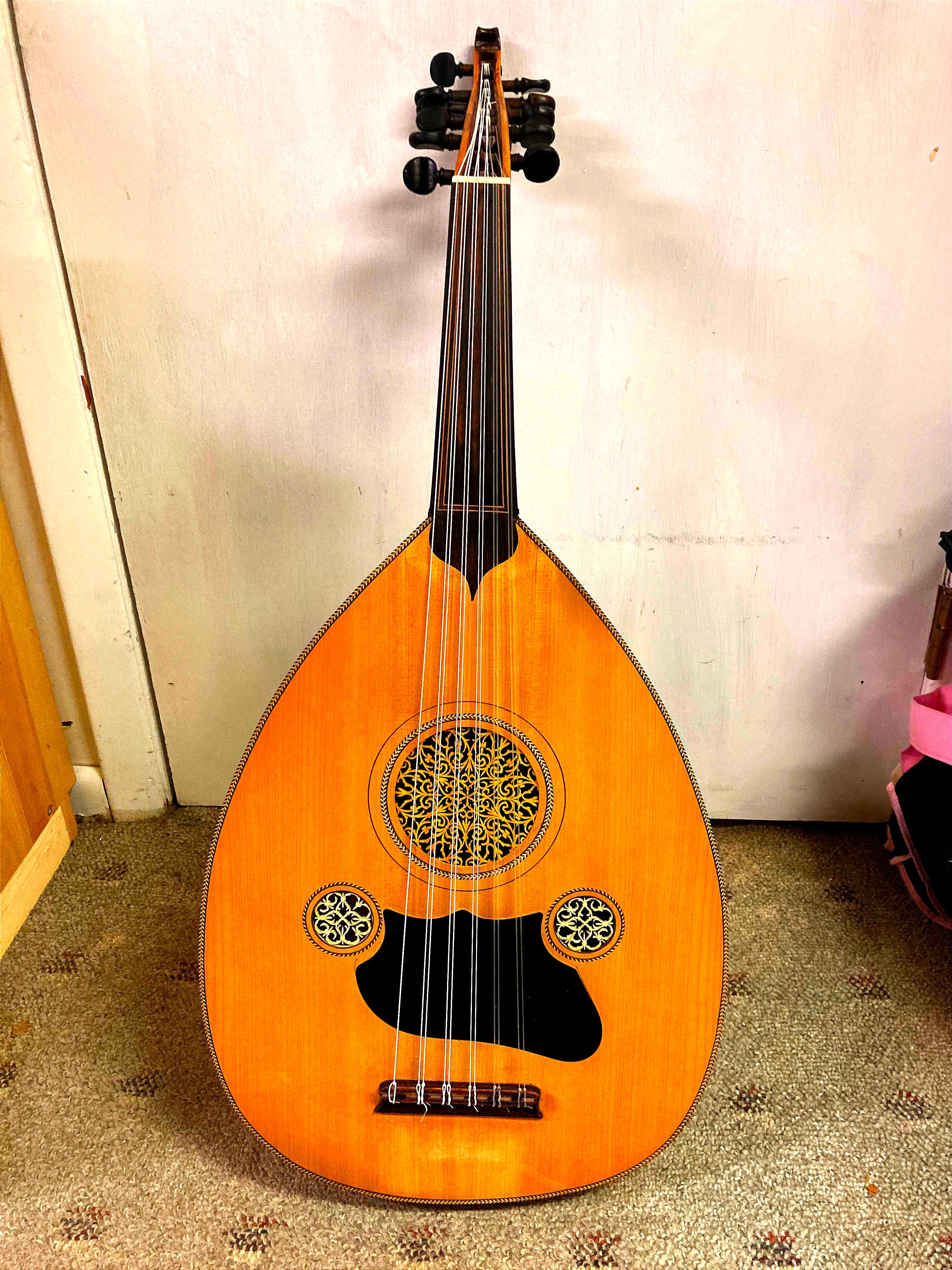Rebetiko music was an Anatolian import into Greece, which suddenly entered the Greek cultural mainstream following the population exchange agreed upon by Greece and Turkey in January of 1923. Rebetiko initially faced strong resistance—partly because of its distinct instrumentation (with the bouzouki, rather than the clarinet, at its center), and partly because—like tango in Argentina—its themes and venues were associated with a seedy subculture of drug use, promiscuous sex, and violence. These aspects were sometimes even celebrated in the lyrics of rebetiko songs.
The term "rebetiko" itself is derived from the Greek word "rebetis," which refers to a person with a particular character and behavior, often associated with a rebellious or unconventional lifestyle.
Rebetiko performers were not polished or glamorous. Many of them—like the great composer and bouzouki player Markos Vamvakaris—were rough characters. Their voices were not conventionally beautiful either. Vassilis Tsitsanis, another iconic composer and bouzouki player of the era, had a whiny, nasal voice that many listeners find off-putting (I am not one of them!).
Perhaps the greatest woman to ever sing rebetiko was Sotiria Bellou. Born in 1921 on the island of Evvia, she fought in the Greek resistance during World War II and was imprisoned and tortured by the Nazis. Her big break came in 1947, when Vassilis Tsitsanis featured her in his band. They became lifelong friends, and she is buried next to him.

After the war, an arranged marriage to an abusive husband led to Bellou’s imprisonment when she retaliated by throwing acid in his face. Her subsequent openness about her homosexuality and leftist political beliefs would continue to bring her trouble for the rest of her life.
Bellou’s experience with marital abuse inspired the song Sotiría (track four on the album Evlogía), which tells the story of a woman murdered and secretly buried by her husband. In the song, the man later shows up at a rebetiko nightclub to celebrate getting away with the crime—only to encounter an eerie presence: Bellou herself, onstage, an avenging angel exposing his actions through song. Overcome with fear, he flees the club and dies in a car accident on his way home. The Greek word sotiría means “salvation,” lending the song its title and an ironic double meaning—there is no salvation for the murderer.
Anyone familiar with Bellou’s singing will notice no similarity between her voice and that of mezzo-soprano Sophie Delphis (our singer on Sotiría). That didn’t concern me; imitating Bellou’s unique alto voice struck me as a bad idea. Besides, I like to think that the transformation into an angel comes with a change in vocal range.
Given its dramatic content, I hope one day to use this recording of Sotiría in a Twilight Zone-like music horror video.










.avif)



.png)


.png)


.png)

.png)




.jpg)
